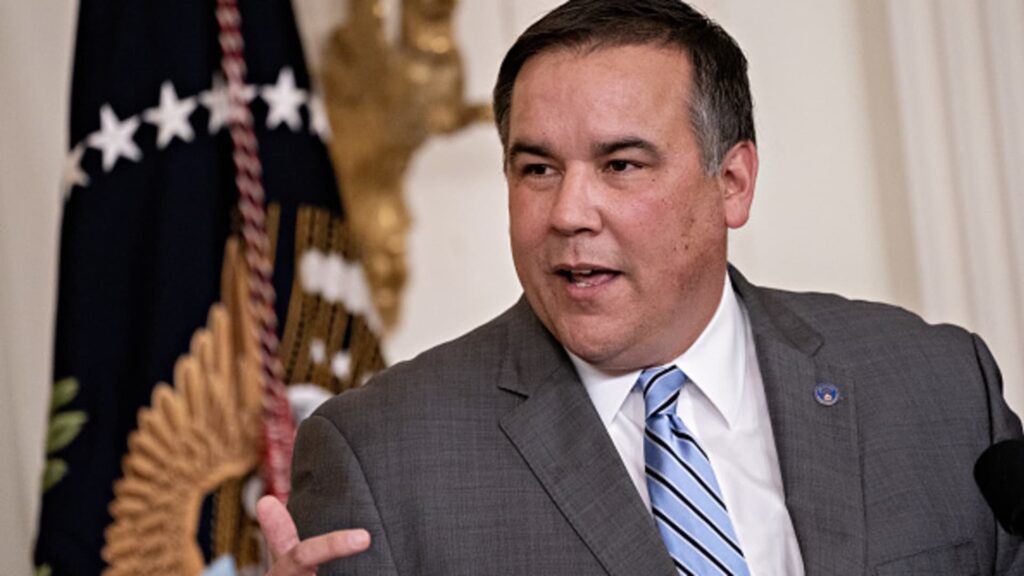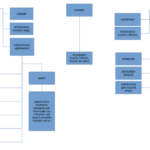A cybersecurity specialist issues a warning about a significant cyber breach, prompting legal action by the town.
Recent years have seen a surge in ransomware attacks targeting American towns. The latest incident occurred in July in Columbus, Ohio. While ransomware attacks are becoming commonplace, the city’s response to this specific breach has raised eyebrows among cybersecurity and legal experts nationwide.
Connor Goodwolf, also known as David Leroy Ross, is an IT consultant who specializes in monitoring illicit online activities, including those on the dark web. Upon learning of the breach in his hometown of Columbus, Goodwolf delved into the depths of the internet to investigate further. His findings revealed a breach of multiple databases containing sensitive information such as personal identification details, protected health records, Social Security numbers, and even driver’s license photos.
Describing it as one of the most profound breaches he had encountered, Goodwolf noted that the hackers had infiltrated databases from various city departments, including the police and the prosecutor’s office. This breach spanned several years, with some databases going as far back as 1999.
Despite the severity of the breach, the city’s official statements downplayed the extent of the leaked data. Goodwolf, alarmed by the mismatch between his findings and the city’s assurances, attempted to alert the authorities multiple times, only to be dismissed.
With the rise of ransomware attacks by groups like Rhysida, suspected to be state-backed and originating from Eastern Europe, cybersecurity firms like Mandiant have been on high alert. Goodwolf’s efforts to highlight the breach were met with resistance by the city, culminating in legal action in the form of a restraining order to prevent further data dissemination.
While Columbus defended its actions as necessary to protect sensitive information, critics within the cybersecurity community viewed the lawsuit against Goodwolf as counterproductive. The litigation raised concerns about the potential chilling effect on cybersecurity researchers and the broader implications for transparency in data breach incidents.
The city’s decision to pursue legal action against Goodwolf, despite reaching an agreement on data disclosure, has sparked a debate on the handling of cybersecurity incidents and the role of researchers in exposing vulnerabilities. As the legal saga continues, the repercussions of silencing cybersecurity experts and inhibiting transparency could have lasting consequences on public trust and future cybersecurity practices.
In light of these developments, industry experts caution against deterring cybersecurity researchers and fostering an environment that values openness and collaboration in addressing cyber threats. The outcome of this legal standoff may shape future discussions on cybersecurity ethics and the responsibilities of both researchers and organizations in safeguarding digital assets.
As the city of Columbus navigates the aftermath of the cyber breach and the ensuing legal battles, the tech sector’s perception of the region as a burgeoning hub for innovation hangs in the balance. Balancing the need for accountability with the promotion of cybersecurity research and disclosure is essential to foster a resilient and transparent digital ecosystem.











